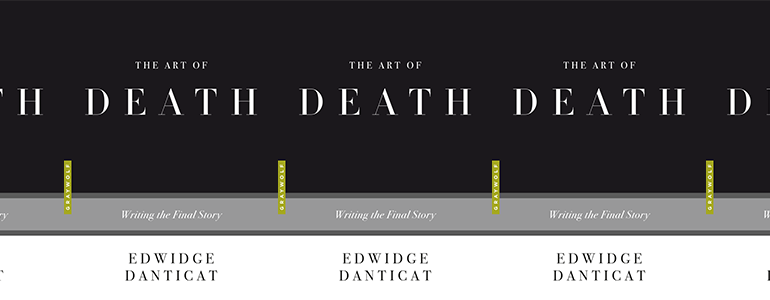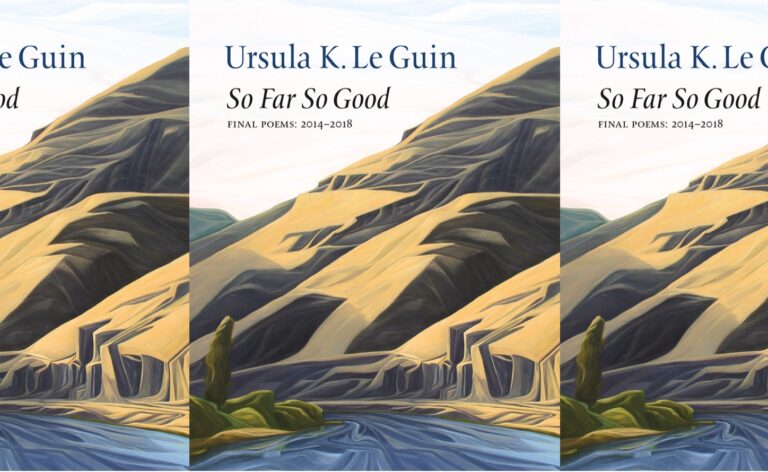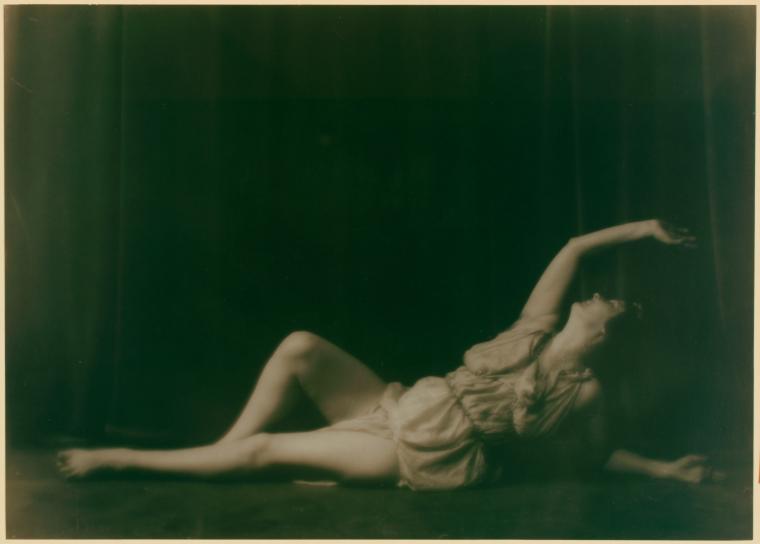Writing Death

If I ever need to be reminded of the importance of stories, I just think about Pops and Pompilio. Pops used to tell me stories about his father, Pompilio, every day. Pops told these stories ’cause he was mostly raised by his father; his mother died when he was a child. He told these stories ’cause what child exile wouldn’t tell the stories he did have of his father? He told these stories ’cause when Pompilio was on his deathbed, Pops told him that he’d live forever, ’cause Pops would tell his stories to his own family, to his kids, and we’d tell the stories to our families. We’d breathe life into the stories that made up Pompilio’s life forever.
When I was a teenager, me and one of my best friends, HS, saw the movie Things to Do in Denver When You’re Dead. It’s a ’90s pulp film about a bunch of former gangsters trying to do one more score so they can go legit for good, so they can get their “Boat Drinks.” “Boat Drinks” was a cheers they did with each other, the idea being that if any one member of the group ever made it, they’d buy a boat, and all of them would be on it together, drinking and fishing together. “Boat Drinks” didn’t mean that just those with money or time made it on the boat, but that somehow everyone, even those in jail, even those dead, would be there with you. HS and I fell in love with this idea, and we showed everyone in our group the movie. In this way I was obsessed with death before it even really touched my life. After watching HS get hit by a motorcycle and killed when I was nineteen, I was consumed by it.
Early in Edwidge Danticat’s The Art of Death: Writing the Final Story (2017), part craft book/part memoir, she says: “I am writing this book in order to learn (or relearn) how one writes about death, so I can write, or continue to write, about the deaths that have most touched my life, including, most recently, my mother’s.” As I revisit my old writings, as I work on new poems and stories, I’m revisiting why and how I write about death. I’m trying to relearn myself, so I reread Danticat’s book and thought about the writings that have influenced me while writing about loved ones, about their deaths, about trying to make them immortal.
In The Art of Death’s introduction, Danticat quotes Audre Lorde: “I don’t want this to be a record of grieving only,” we read. “I don’t want this to be a record of tears.” It’s hard to tell stories about death and not acknowledge the grieving process. But as a nineteen-year-old boy who watched my brother die, it at one point was hard not to acknowledge my grief without succumbing to it. I didn’t know how to deal with my depression; all I knew or wanted to do was write, but writing about death meant spiraling.
Shortly after I moved to New Orleans, I heard the song “St. Roch Blues” by Hurray for the Riff Raff. The song, written by Alynda Mariposa Segarra and Sam Doores, is “dedicated to the memory of Jon Flee, Stephanie, Sammy, ‘No Rent Trent’ and all of their loved ones and friends.” “People are dying, no one understands,” they sing. “And I keep on crying, I keep on crying.” I could feel the hurt in their voices as they harmonized, and I thought of the hurt I felt, the hurt of watching my friend die in front of me, the friend I played basketball with, the friend that taught me guitar, that I jammed with on bass, the friend I felt go cold. The song comes to a close, “Got the St. Roch Blues / Down in my soul / I’ve seen so many / Of my good friends go / And it won’t be long,” that last line repeating before the song ends: “Till I go.” My own writing, I realized, had become fatalistic. No matter what I wanted to write, I kept writing about the same night, the same darkness, the same death. I couldn’t escape—I was stuck in the loop “till I go.”
But unlike the song, I wasn’t writing or harmonizing with anyone. The person that taught me how to play music was gone. And I wasn’t writing and preserving the beautiful stories we had; I was instead losing more than I care to even think about while drinking and smoking and essentially begging to add to the group’s tragedies. Whenever I tried to write about HS, whenever I tried to think about him at all, I could only see the terrible details—the body on the floor, the police officers mocking us and holding us there, threatening me with arrest, violence, something worse. This wasn’t Pops keeping Pompilio immortal, this wasn’t Boat Drinks. This was me replaying the worst moments of my life, over and over again. And I couldn’t do anything to stop it. All I could do was write.
One of the essays I return to the most these days is Kiese Laymon’s “How to Slowly Kill Yourself and Others in America,” from his 2013 collection of the same name. The essay works through Laymon’s trauma; he recounts some near-death experiences and talks about the fear that he has harmed people he loves. The opening paragraph ends: “Not sure how or if I’ve helped many folks say yes to life, but I’ve definitely aided in a few folks dying slowly in America, all without the aid of a gun.” I know I helped aid in the destruction of friends and loved ones after our boy died. And I wonder if writing about his death, even writing this piece, will do more to hurt than help the people I love and care for the most. In his essay, Laymon’s refrain is “I don’t know what’s wrong with me.” Laymon writes with so much love for his family, but is also so afraid of how his pain, how his reactions, how his being can hurt the people he loves the most. I feel that worry, that sadness. And I wonder, as I write this piece, what is wrong with me? Why do I struggle through writing about these moments? What am I hoping to gain? Does doing this make his life, or his death, immortal?
In The Art of Death, Danticat writes about Gabriel García Márquez’s One Hundred Years of Solitude (1967). “Death in One Hundred Years of Solitude is indeed solitary, leading to an intense longing among the dead to rejoin the living,” she writes. “But death is also spectacular, mystical…Some return from the dead as apparitions or ghosts. Others remain alive only in memory. Not even the wonders of magical realism can keep them alive forever.” I used to sing the band Against Me!’s songs with my homies everyday back home. HS showed them to me, and we learned the songs on guitar and sung them together often. One of the last songs we ever sung together, minutes before he died, was “Pints of Guinness Make You Strong.” The song is about singer Laura Jane Grace’s grandparents—James, who died of a heart attack, and Evelyn, who never remarried. “And just like James, I’ll be drinking Irish tonight / And the memory of his last work week will be gone forever / Evelyn I’m not coming home tonight!” she sings. “If we’re never together / If I’m never back again / Well I swear to God that I’ll love you forever.” I remember thinking curiously, in the time after HS died, about how Against Me! had made death, made tragedy, into an anthemic song that had people singing and dancing and slamming their sweaty bodies together. It didn’t seem to pick a scab or weaken or hurt people; it made them rise up. Grace, too, always gave it her all—she wasn’t sapped by her words like I too often was by my own, but was instead energized, amped. Likewise, near the end of The Art of Death, Danticat shares thoughts from a dream she has had, which included the line, “I’m still carrying you,” said before she is able to tell someone goodbye. Danticat has figured out how to write about death from a place of some sort of peace.
It’s been years since HS died. Now I don’t just write because I need to, but because I want to. I write stuff I enjoy, stuff I feel a bit more comfortable sharing with my peoples. But I also continue to write about death, because it’s something I know, something that still colors every day of my life. I never got the privilege to grow old with, or even get a chance to say a proper goodbye to, Pompilio or HS, and they never got to see some of the beautiful things I’ve somehow managed to see in this life. But writing about death lets me take my ghosts with me. My writing gives me and my ghosts a plane where we can live together, on the same page. So I write about death, hoping to help those who are hurt by it, like I was and still am. So I write about death hoping to help those trying to fill the gaping hole of loneliness that is left by having someone they love die. I write about death so that our ghosts can love and live with us a little longer. I write about death hoping it helps more than hurts. I write to make our ghosts a little more immortal, to build a boat for us all to have drinks on, together, one more time, every damn day. Boat Drinks.


